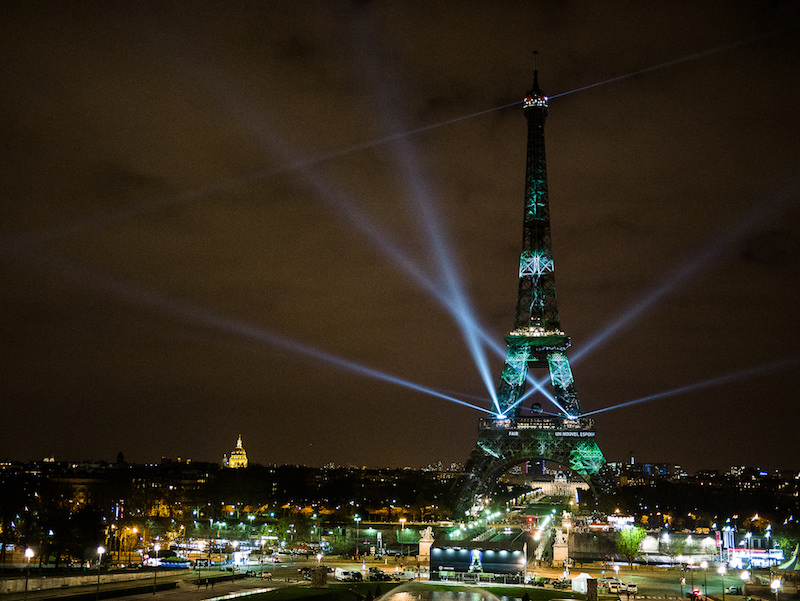Over the Thanksgiving holiday, I decided to catch the latest James Bond film. I was unnerved to find that the plot of Spectre centered not around an evil criminal mastermind, but around a global surveillance system called Nine Eyes run by intelligence agencies in nine countries — an obvious reference to the existing intergovernmental Five Eyes program operating between the U.S., Canada, New Zealand, Australia, and the United Kingdom. The action centered on MI6 secret service agent James Bond fighting the program in order to preserve democratic values. Sadly, the nefarious plot depicted in the film is all too real — but who’s our James Bond?
As I write this, the U.K. — which is also the main proponent of Nine Eyes in the film — has proposed some of the most privacy-invasive legislation of the digital age with its Investigatory Powers bill. We commented on the bill this year along with other U.K.-based and international civil society groups and pointed out its deep flaws with respect to the weakening of encryption, data retention, and bulk collection provisions — none of which are in line with the principles of necessity and proportionality, cornerstones of international human rights law. These disturbing aspects of the Spectre plot have played out in real time.
Across the Channel, new threats to human rights are also emerging. This week activists around the world have convened in Paris to help protect the planet against climate change. But France is vastly different from what it was just a month ago. After the horrific attacks in the capital by affiliates of the Islamic State in Iraq and al-Sham (ISIS), President Hollande called for the extension of emergency powers for 90 days. This is in addition to surveillance powers already granted byfour new pieces of legislation that were introduced over the previous two years, which we have opposed for being overbroad and lacking key human rights protections. In this new state, the targets of unbridled surveillance in France are just as likely to be rights activists as suspected terrorists. Several climate activists were confined to house arrest under the emergency powers.
We are now seeing the conflation of concerns about refugees and migrants with national security threats, not only in European countries such as Poland, Hungary, or the Czech Republic, but also in the U.S. as presidential candidates jockey for party nominations. This is despite the fact that authorities investigating the attacks in Paris have found that the attackers were already known and did not use encryption, and there is no confirmation about their status as refugees. So for the purposes of national security, human rights defenders, climate activists, and traumatized refugees are all wrongly being targeted as terrorists.
The frightening nature of the attacks in Paris can’t distract us from the fact that we know that mass surveillance is ineffective and erodes the core principles we believe in. This is often a failure of analysis and not intelligence — a bigger haystack, after all, only makes it harder to find the needles. Encryption, moreover, protects billions of people across the globe from threats to our financial systems, critical infrastructures like the electric grid, and from repressive governments looking to stifle freedom of speech and democracy.
In Spectre, James Bond’s colleagues in government turn out to be heroes: MI6’s civilian head, M, and the agency’s chief technologist, Q, together save the day through executive courage and Hollywood hacker powers. They stand up to security hawks within the halls of power to support what they believe is right. We, too, need powerful and united voices within our governments to become our champions and to protect our human rights and security.
Photo by Yann Caradec
